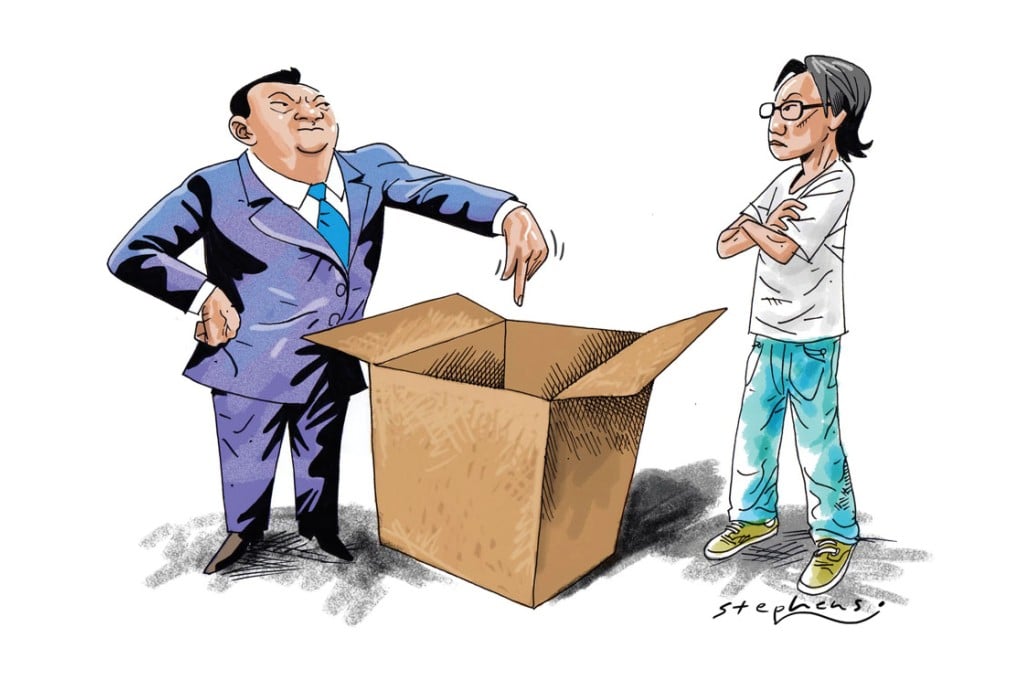Protesters and Hong Kong government now in a test of wills
Wang Gungwu says Hong Kong has long been a home to people of all ideological stripes. Today's young people are standing up to the authorities to protect their heritage of freedom

Hong Kong in China, and China in Hong Kong, have long been part of a larger story. The story did not begin with the handover in 1997. Its roots go back to when, for Manchu Qing China, Hong Kong was a small island far enough away from the centre to be ceded without much pain.
If the British had behaved like the Portuguese who had gone earlier to Macau, there would have been no need to worry about them. The Portuguese had played by China's rules for 300 years before the British shot their way into China.
As it turned out, Hong Kong developed very differently. Beyond being an open door for foreigners to enter China, it was also one for Chinese to leave and seek better livelihoods elsewhere.
It was a market place, a haven, and, for someone like revolutionary leader Sun Yat-sen, a model of modern urban development that he wanted Chinese cities to emulate. Chinese enterprise played a big role in the colony's success but no less important was what the British introduced, laws that guaranteed property rights and protected the freedoms that its Chinese population could not get in China.
All that began to change after the end of the second world war. The retreat of the old empires led to Hong Kong and China being caught in a fierce global struggle between capitalism and communism.
The victory of the Chinese Communist Party moved the country's ideological frontiers from its borders with the Soviet Union that Nationalist China had hoped to defend, to the long coastline of the East and South China seas. Here, the US Navy took over from the British and, for at least 40 years, Hong Kong unwittingly became the Berlin of the East, that is, the front line between Western and communist power.